Want to Assemble a Dream Team? Look for EI, Not Just Expertise
Leading a team of skilled superstars? You won't get far without a heaping helping of EI. To read the full article visit Inc.
Leave it to Google to use its own analytical data to support the need for stronger empathy in business leaders. To be sure, most people have long suspected that emotional intelligence (EI) plays a role in team building, productivity, and retention. But Google's Project Oxygen backed hunches with pure, in-your-face facts.
Fortunately, Google shared its findings with the world, opening the door for companies large and small to rethink the way they evaluate manager effectiveness. But to what end? Isn't EI something innate and unchangeable? If so, less emotionally intelligent supervisors wouldn't have a chance at redemption.
As it turns out, though, EI isn't a locked-in trait. It's a skill set that, when improved, can become a company's secret weapon.
Understanding the nuances and advantages of EI
What is EI, exactly? As TalentSmart points out, EI has nothing to do with personality or IQ, both of which are defined from childhood. Instead, EI is a malleable, learned ability to effectively recognize and manage one's own emotions while simultaneously understanding those same feelings in others. And those who master EI tend to see plenty of benefits.
For instance, TalentSmart research found that for every EI point a leader gains, he or she can expect to see a $1,300 annual salary bump. Is it any wonder, then, that 90 percent of top performers score high in emotional intelligence? Obviously, they've tapped into a way to move up the corporate ladder through constant self-improvement.
With such a clear advantage, why don't more business leaders dive into developing their EI? Krister Ungerboeck, a "leadership archaeologist" who tries to find unconventional solutions to management concerns, feels it's a lack of understanding about the process.
"Many executives want quick fixes that provide immediate results," he explains. "EI can mean the difference between inspiring teams to succeed or instigating an employee exodus -- but it's not something you can manufacture overnight." Hence, those seeking instant outcomes may be reluctant to accept the long-term commitment involved in truly increasing EI. On the other hand, those who are prepared to give EI a shot may one day leapfrog over genius-level managers who can't seem to relate to their crews.
Becoming a team of EI gurus
Interested in seizing EI-related opportunities for you and your team members? Start with some of these changes.
1. Commit to improving your EI.
The best way to impact a group is to lead by example, so begin by getting a clearer understanding of your own EI. One assessment is the EQ-i, which measures your emotional quotient (EQ) from the answers you provide. Yet it's only one tool; another is asking your employees to fill out a 360-degree evaluation of your strengths and areas for improvement.
After collecting this information, you'll be able to see your EI gaps more clearly. Slowly begin to close them by concentrating on weak points over the coming months and regularly requesting more feedback from colleagues.
2. Share your dedication to EI improvement with your team.
As the person in charge, be open with employees around and under you about the importance of EI. You may even want them to test their own EQs using this test from Psychology Today. Encourage them to reflect on their results and brainstorm ways to sharpen their emotional skills.
For example, you may recommend that they read Daniel Goleman's Emotional Intelligence to get a basic grasp of the concept. From there, begin to change group norms by fostering an environment of respect. Simply making conscious expressions of gratitude the expectation can change office dynamics in a hurry. Other ways of bolstering team members' EI is by practicing empathy, talking openly about stressors, and letting off steam with work-related field trips.
3. Work together on a social responsibility project.
Finding it tough to adapt to an EI mindset? You can increase your corporate team's awareness by working on a project that helps an underserved community. Not only will you improve life for others, but you'll develop your ability to empathize with people and situations that may be out of your frame of reference.
A nice side effect to tackling volunteer work with colleagues is the bridges it builds. You'll have a common sense of accomplishment, which creates stronger bonds that can make dealing with problems easier in the future.
4. Establish norms for communication.
Maybe you've received correspondence that started something like "Not sure if you saw my last email ..." Did it make you crazy? Frustrate you? You're not alone. Adobe discovered that it was one of the most hated email phrases, probably because it's passive-aggressive and not at all rooted in EI.
Look for other communication areas in which you can apply the Golden Rule. There are plenty of ways to ask for information or voice opinions without resorting to low-level sniping or caustic replies.
Cultures built around consideration and value for others tend to produce less worry and a higher quality of work. Even if you're sure your team has a collective EI rating that's through the roof, do yourself and your employees a favor and test your theory. You may be surprised to find lots of holes that, when filled in, can smooth your path to success.


